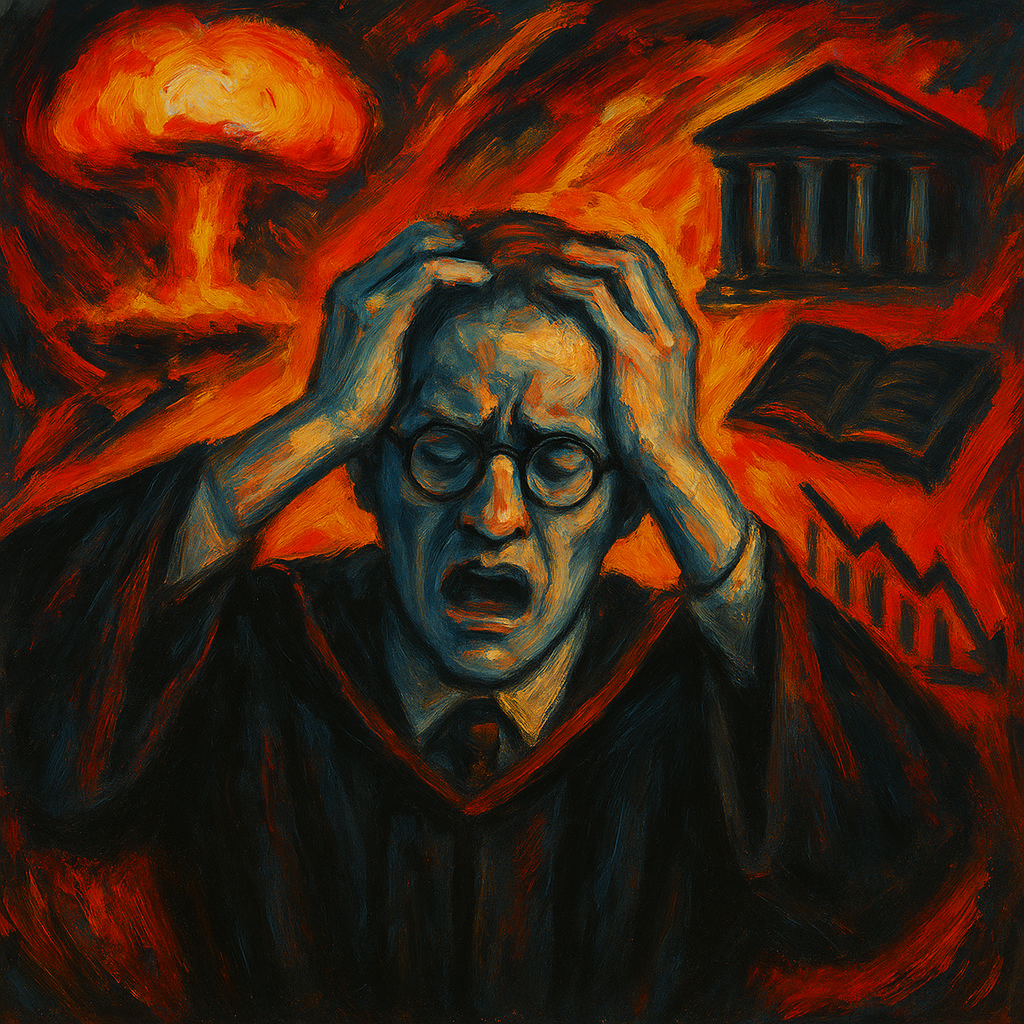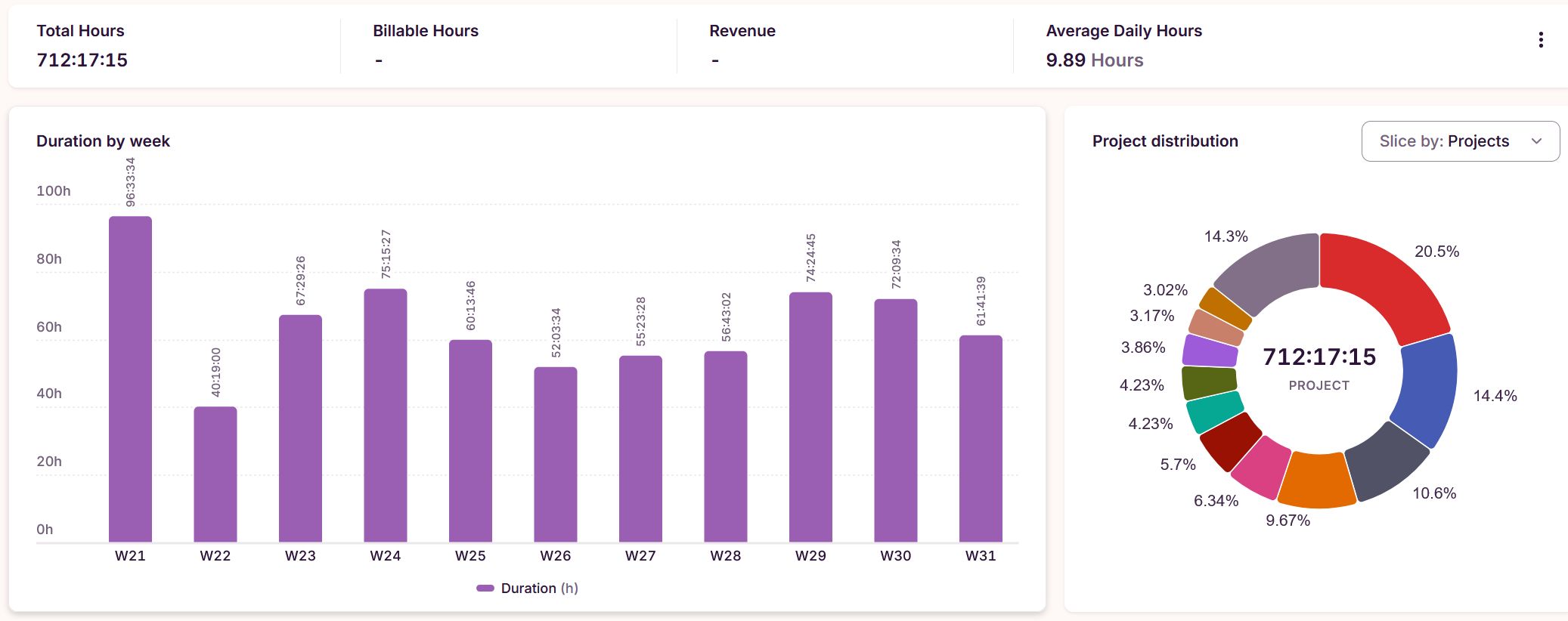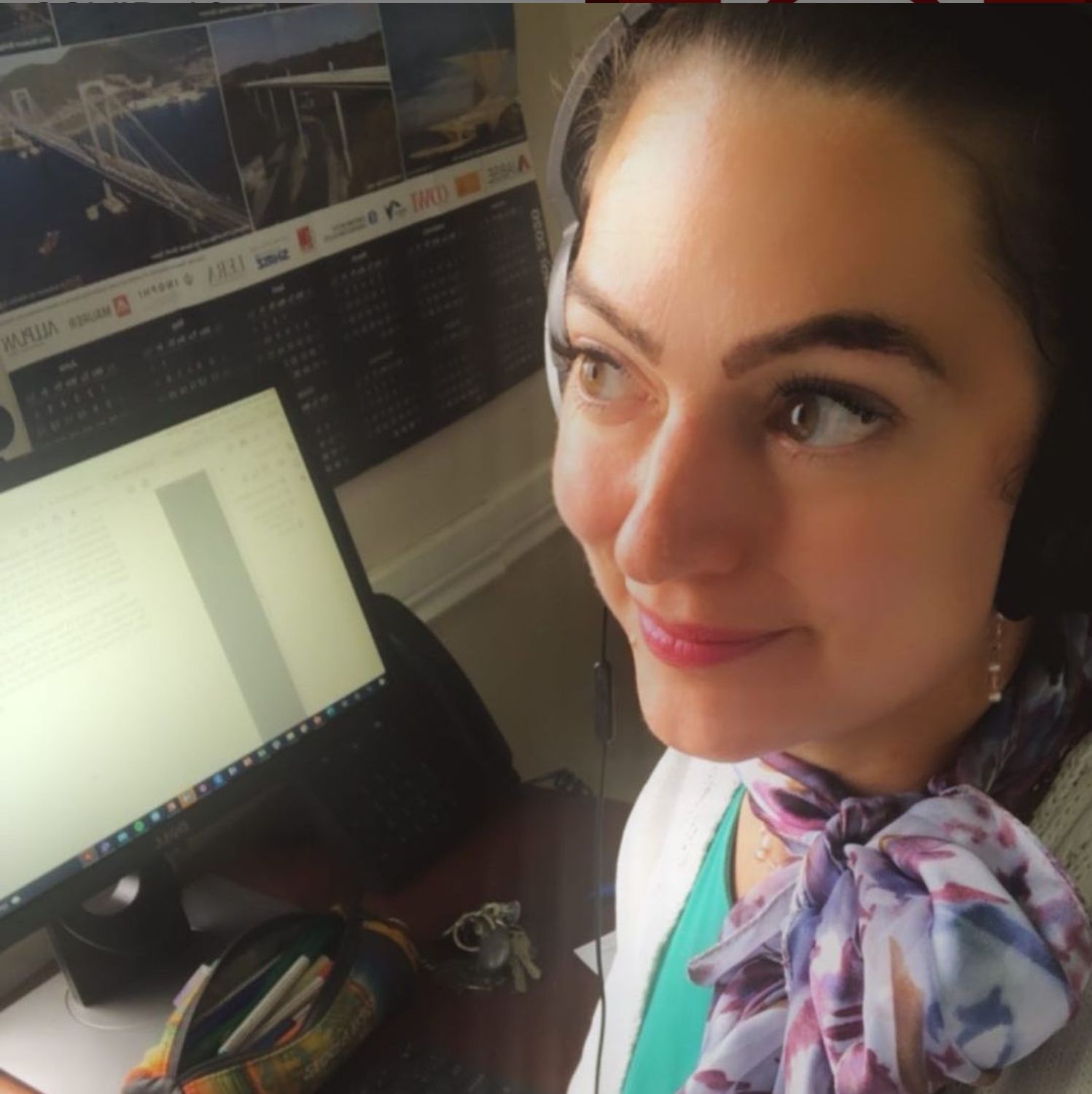
Using doom scenarios wisely
When things feel overwhelming in academia (or life in general) I tend to think of all the doomsday scenarios. At the end of my PhD, my supervisor was slow to read (and thus approve) my thesis, and I found myself in a thought pattern in which I would imagine not being done by the end of my contract, running out of money, and going to live under one of the bridges I assessed (it had some indoor space, so in my “I will be poor and homeless” thinking, that seemed like an OK place to go and camp out.
Academia in general has a lot of Stuff to Deal With: deadlines pile up, papers don’t get accepted, or uncertainty about the future looms large (as in: when am I going to get my fuuuuundingggg). In these moments, I’ve found that one of the most grounding strategies is to pause and ask myself: what’s the worst that can actually, realistically happen?
It may sound a little grim, but thinking through the “worst case scenario” helps me put my worries into perspective. Instead of letting vague anxiety swirl in my head, I bring the fear into the open. Once it’s named, I can often see that even the worst case is not as catastrophic as my anxious mind imagines.
Take funding, for example. It is my main worry at the moment, as my proposals get rejected and contracts don’t get signed. But what is really going to happen if I don’t get funding. I won’t get fired. I won’t be twiddling my thumbs. I will not be able to go to conferences or go on research visits, unless invited by others (hint hint 🙂 ). I won’t be able to hire new students. I will need to find internal ways to write my hours. I won’t be able to buy equipment for the lab, or advance in my experimental work. So, I won’t be in financial distress at home and unemployed.
I’ve used the same strategy in other situations too: before a keynote, when I was convinced I am not good enough as compared to the other keynotes. Asking myself “what’s the worst that can happen?” usually leads me to a manageable answer: I might bring a topic that is not of interest to all, but the audience will still learn something. Once I recognize that failure is survivable, the fear loses much of its sting.
This exercise doesn’t magically remove stress, but it calms it into something bearable. It stops the spiral from bad to worse, and helps me see what is really the worst thing that can happen. And, it reminds me that my career, my identity, and my worth are not defined by a single event. Even if the worst were to happen, I’d still find a way forward (and if all else fails, I’ll open a patisserie).



